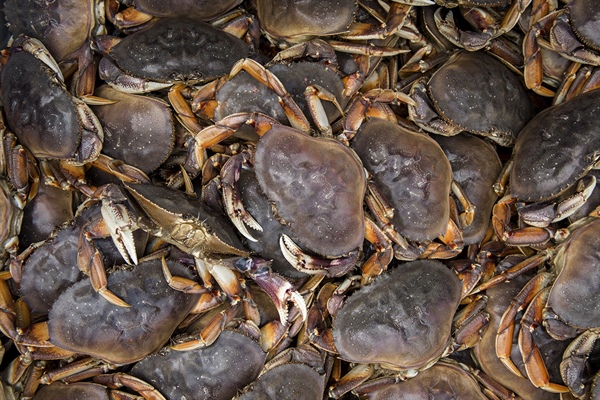West Coast stakeholders, including fishers and shellfish farmers reliant on economically and culturally important species, have already experienced adverse consequences of ocean acidification (OA and other stressors. However, the human dimension of vulnerability and people’s capacity to adapt, particularly in highly resource-dependent economies, remains understudied. In times of changing ocean conditions, high levels of dependence on natural resources expose certain coastal communities to higher risks and vulnerability. Achieving healthy ocean ecosystems and coastal economies in state and federal waters requires cross-disciplinary work to understand what factors (environmental, economic, social, cultural) determine the vulnerability of coastal communities to environmental change, as well as the potential for developing strategies to adapt to these changes. People’s adaptive capacity in the face of environmental disturbance depends on community knowledge, networks, and practices, as well as institutional policies and strategies that support adaptation. This project will assess how 6 coastal communities in Oregon and California are experiencing environmental vulnerability to OA and what they are doing to adapt to OA and associated impacts; as well as evaluate barriers to and key factors for coping in different contexts that can help inform policies to foster and support more resilient communities. The overarching goals of this project are to fill knowledge gaps about the vulnerability and adaptive capacity of coastal communities to OA and other environmental stressors in order to a)support thriving and resilient coastal communities along the U.S. West Coast and b) to support OA policy and decision-making at the state level of governance.
Investigators
Ana K. Spalding, Oregon State University
Arielle Levine, San Diego State University
Tessa Hill, University of California Davis
Lida Teneva, California Ocean Science Trust



